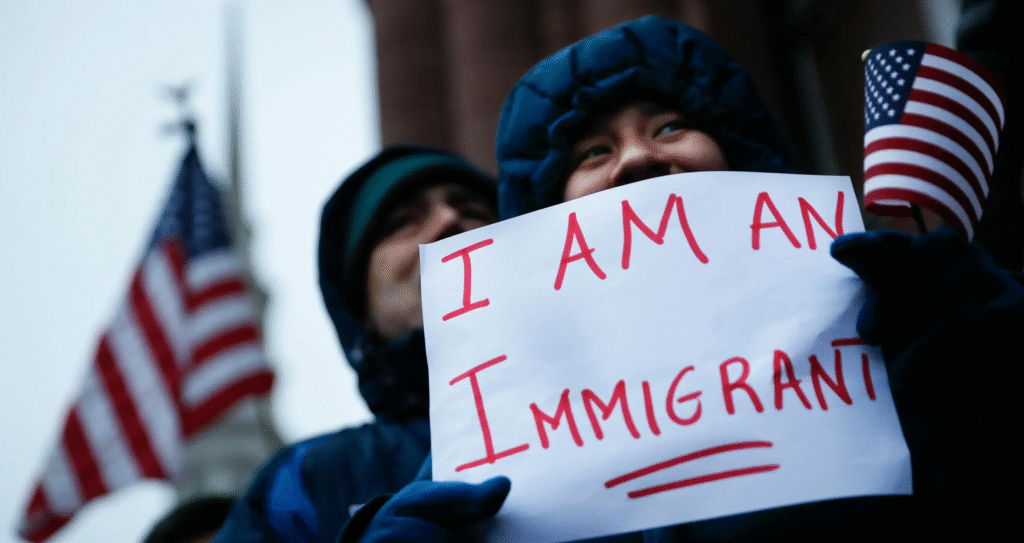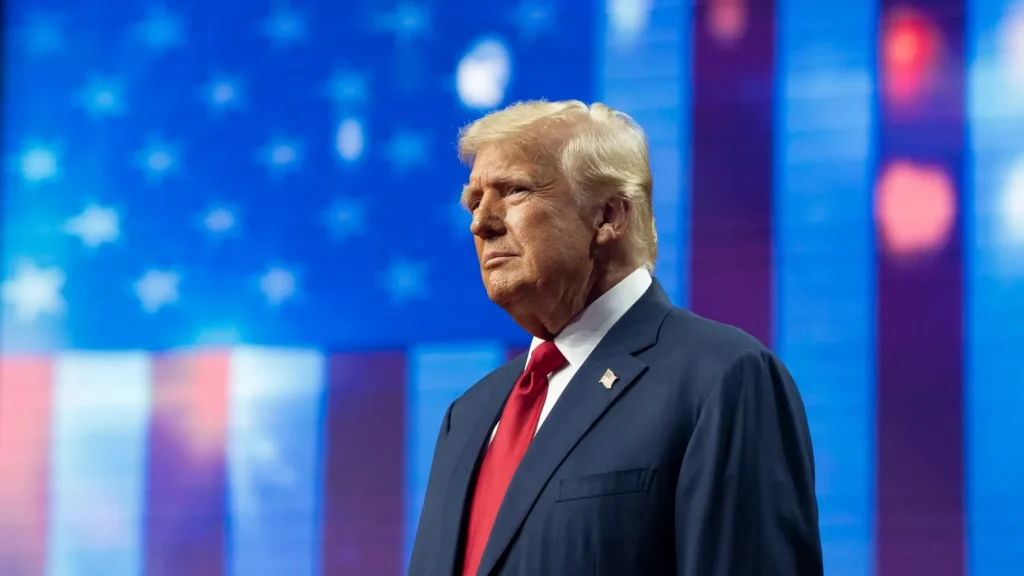On June 4, 2025, President Donald Trump signed an executive order that bans citizens from 12 countries from entering the United States, citing national security concerns. The ban is set to take effect on June 9, 2025.

Countries Affected
The 12 countries subject to the full entry ban are:
- Afghanistan
- Chad
- Republic of the Congo
- Equatorial Guinea
- Eritrea
- Haiti
- Iran
- Libya
- Myanmar (Burma)
- Somalia
- Sudan
- Yemen
Additionally, partial restrictions have been imposed on citizens from seven other countries, including Cuba and Venezuela.
Justification and Context
The Trump administration cites national security concerns as the primary reason for the travel ban. Specifically, the administration points to a recent attack in Boulder, Colorado, allegedly carried out by an Egyptian immigrant, as evidence of inadequate vetting processes. Although Egypt is not among the countries listed in the ban, the incident has been used to underscore the perceived need for stricter immigration controls.
The administration argues that these countries either fail to share adequate information with the U.S. for informed entry decisions or have citizens who pose national security risks.
Legal and Political Implications
This new travel ban is reminiscent of the 2017 “Muslim ban” from Trump’s first term, which faced significant legal challenges but was ultimately upheld by the Supreme Court in a modified form. Critics argue that the current ban is discriminatory and may face similar legal hurdles.
The ban has sparked controversy and is expected to face legal challenges from civil rights groups and affected individuals. Critics argue that the policy is discriminatory and undermines U.S. values.
The Trump administration has indicated that more countries could be added to the list if deemed security threats.
This policy marks a significant expansion of Trump’s immigration agenda in his second term and reflects a hardening of his administration’s stance on national security and immigration.
Trump’s policy is common sense, says Republican Overseas UK chair

Greg Swenson, chairman of Republicans Overseas UK, tells BBC News that the list of countries subject to the travel ban proves the White House is using a “common sense policy”.
Swenson says he’s surprised that Egypt wasn’t on the list, which he admits is a “little confusing”.
“I think what the president has decided was that Egypt, despite having one particular incident from an illegal migrant, might have some policies that are in place which are better than other countries.”
He says that some countries are subject to partial bans, “so this isn’t an across the board ban on any country that [Trump] doesn’t like or suspects they have a weak vetting process”.
What are the exemptions?
People from the affected countries may still be able to enter the US under several exemptions: athletes travelling for major sporting events; holders of immigrant visas for ethnic and religious minorities facing persecution in Iran; Afghan nationals holding special immigrant visas; lawful permanent residents of the US; dual nationals who have citizenship in countries not included in the ban.
The US president said the list could be revised if “material improvements” were made and additional countries could be added as “threats emerge around the world”.

Source : BBC






